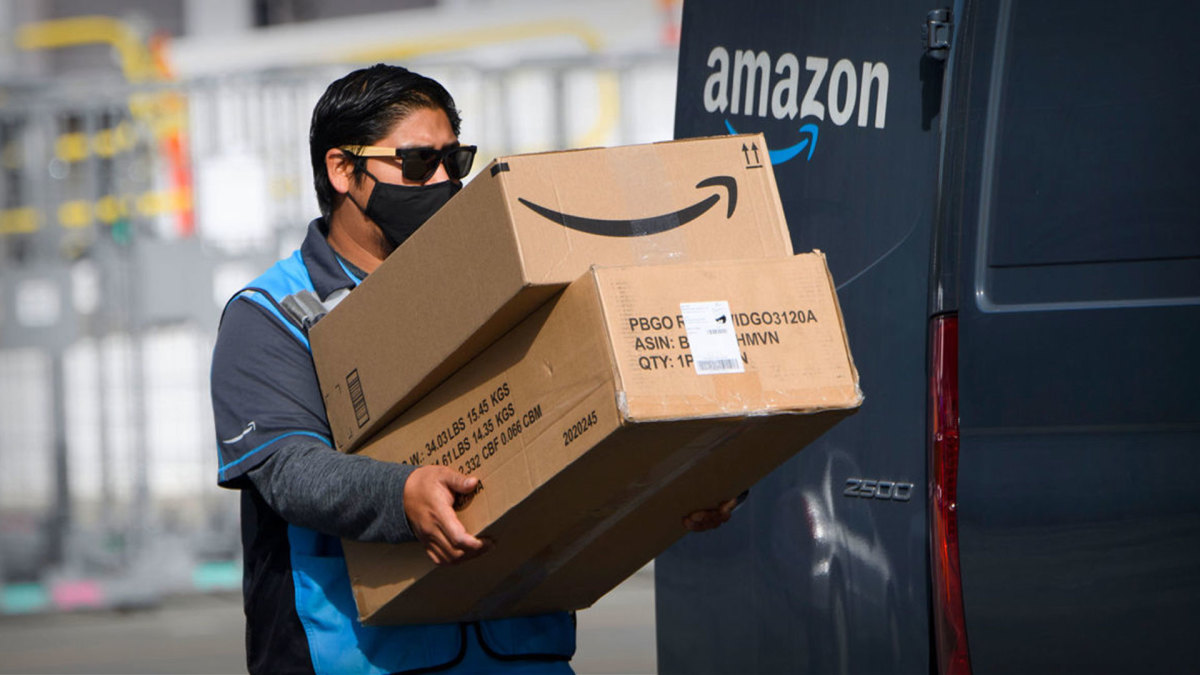
Santa Claus has a pretty foolproof system for deciding who gets gifts, albeit an invasive one.
He sees you when you're sleeping, he knows when you're awake, he knows when you've been bad or good, so be good for goodness sake.
The sleeping part of that seems over the top, unless you're some sort of sleepwalking criminal, but Santa has a job to do and he takes that very seriously. At least the jolly fat guy has some sort of magic creature honor.
Related: How Target and Walmart can actually stop retail theft
He's not storing your social security number on North Pole servers based on outdated elf technology. He also asks you to tell him what gifts you want rather than using predictive artificial intelligence to guess at your preferences.
Big retailers, however, have no such predilections around your data. They're storing a lot of it and they're not being subtle, according to new research from Incogni which examined the "hidden practices of the largest retailers in the United States."
Consumers may not like what the research has learned, but they may be surprised by which companies are the biggest offenders.

Image source: PATRICK T. FALLON/AFP via Getty Images
Walmart takes a dubious crown
Walmart, in at least some of its stores, sells sex toys. That's sort of surprising, but maybe not when you consider what data the retailer actually collects on its customers.
"The analysis reveals that customers unknowingly contribute more than they realize when purchasing gifts for loved ones. All 10 investigated retailers collect and share a significant number of personal data points, such as Social Security numbers, union membership status, and even sex-life data," Incogni shared.
That makes it not a huge shock that Walmart (WMT) -), according to the research, collects and holds the most data of any of the big names studied.
"Walmart took the top spot, followed by Amazon.com and Costco Wholesale. Amazon, Home Depot, and Lowe's turned out to have the most data-hungry mobile apps," according to the report.
Retailers know a lot about you
"On average, the top 10 retailers collect customer data from 10 out of 12 categories. Walmart stands out by collecting data from all 12 categories, while Amazon, Costco, Kroger, and Lowe's collect data from 10 categories each," Incogni reported.
Some of the data, of course, is relevant for future sales, but some seems like the retailers have no business holding on to.
"All 10 companies collect data that includes customers' identifiers (like their names, online identifiers, and driver's license numbers), characteristics of protected classifications (like marital status, ancestry, and disabilities), commercial information (like purchase history and property records), and audio/electronic/visual information (like video and/or audio recordings of consumers)," the report shared.
To find this data Incogni painstakingly went through the privacy policy of each retailer and, in the case of their apps, looked at data from the Google Play store.
"Incogni's research exposes the concerning reality behind the extent of personal data collection by major retailers. Our findings underscore the need for an immediate implementation of comprehensive data-protection legislation to ensure transparency and accountability in the retail sector," said Incogni head Darius Belejevas.
In most cases, the only option consumers have to not share data is to not do business with these companies. Data breaches, while somewhat rare, have impacted major names including Target, where credit card information was compromised. Amazon has not had a data breach but faced fines in Europe for violating data collection rules in 2021.







